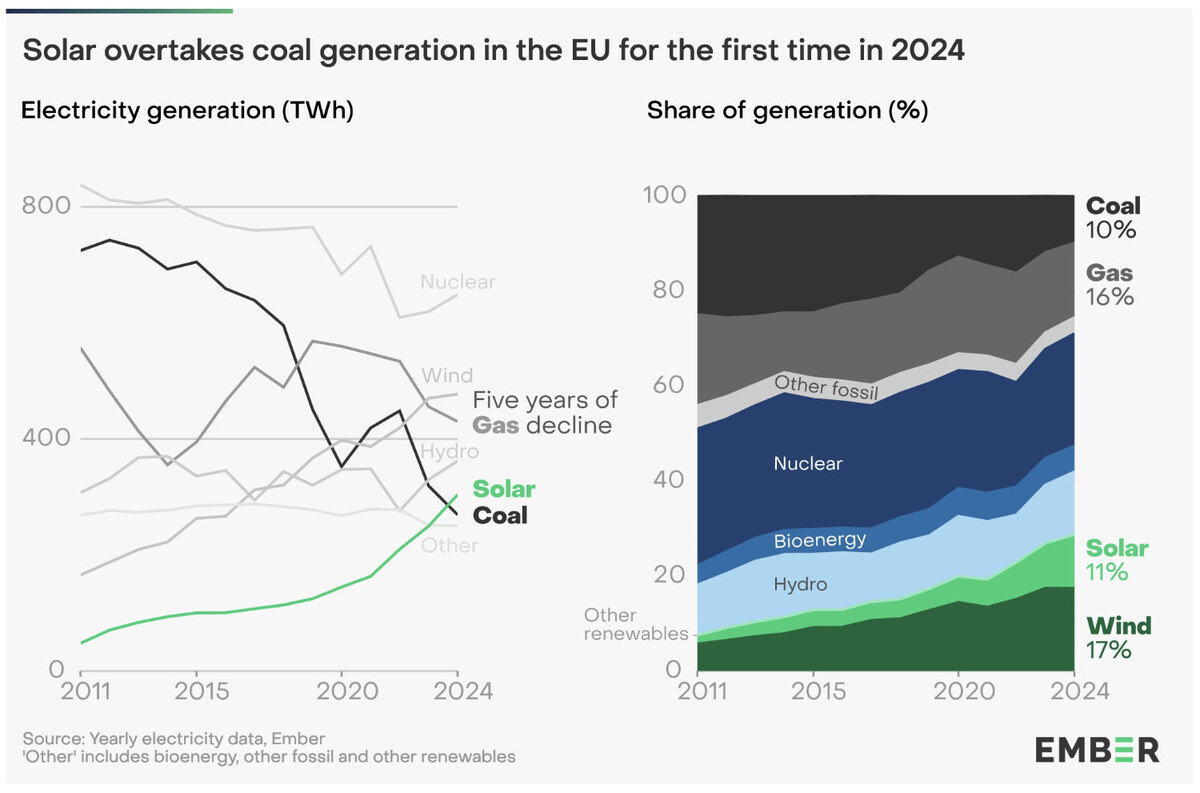ISLAMABAD: Pakistani cricket legend-turned-politician Imran Khan declared victory on Thursday in a close-fought vote and laid out a broad foreign policy plan for his government to follow.
Khan called for a “more balanced,” mutually beneficial relationship with long-time ally the US, and offered an olive branch to arch-rivals Afghanistan and India, saying he would hold talks to mend broken ties with the two neighbors.
“We have a big foreign policy challenge,” Khan said in a televised speech from his house on the outskirts of the Pakistani capital Islamabad. “If there is a country that needs stability… peace … it is Pakistan.”
The Pakistan vote comes at a time when its foreign relations are the most frayed for decades, with the US and Afghanistan accusing Islamabad of allowing Afghan Taliban militants to operate out of Pakistani sanctuaries, and a worsening stand-off with arch-rival India over Kashmir.
But will Khan even have to concern himself with these matters?
Relations with the US took a new dip in January when the Trump administration announced it was suspending security aid until Pakistan took action against the Taliban and the Haqqani network.
In response, Khan called for the “immediately removal of excessive US diplomatic, non-diplomatic and intelligence personnel from Pakistan” and demanded that ground and air routes for American military supplies to troops in Afghanistan be shut down.
The statements made sense given Khan’s history as a leading critic of the US-led war on terror and the US drone program. Before the 2013 general election, Khan said that if he came to power, he would order any drones targeting Pakistan to be shot down.
But, according to analysts, there is good reason to believe the sporting legend will dial down the harsh rhetoric now that he is the likely new prime minister. On Thursday, Khan said that Pakistan has for years had an unequal relationship with the US, and he would aim to make it more balanced and mutually beneficial.
“The US is a vital national security ally of Pakistan,” Pakistani columnist Mosharraf Zaidi said. “As a single country, it is the biggest destination for Pakistani exports; the Pakistani diaspora in the US is a source of both technical and financial strength for us — there is a whole range of reasons why any reasonable leader in Pakistan would think carefully before trying to undermine a relationship that is already reasonably fragile. And, right now, ties are getting better thanks to increased cooperation over the Afghanistan question.”
Zaidi was referring to the killing in a US drone attack of Mullah Fazlullah, Pakistan’s most wanted militant, as well as increased diplomatic efforts to seek talks following a surprise cease-fire by the Afghan Taliban in June. There is little doubt that Pakistan, considered key to persuading Taliban leaders to open negotiations, has played a major role in the latest efforts to kickstart talks.
That leaves the question of India, a country with which Pakistan has fought three wars over Kashmir.
On Thursday, Khan said he wanted to sit at the table with India to resolve the Kashmir crisis: “If the leadership of India is ready, we are also ready to improve relations. If you take one step toward us, we will take two.”
In the last government, now jailed former prime minister Nawaz Sharif retained the foreign and defense ministry portfolios for himself and tried to assert civilian control over key foreign policy areas, including Pakistan’s ties with India.
“Imran Khan, even if he is inclined to harbor dreams of crafting an independent policy, especially toward India, will probably have learnt a lesson from Nawaz Sharif, who did try somewhat to adopt his own stance and paid a heavy price for it,” said Dr. Farzana Sheikh, Associate Fellow at Chatham House. “If anything, we will see a hardening of policy toward India because Nawaz’s fate will be a sobering example for anyone new who comes into power.”
But while Pakistan might continue to have tense relations with the US, Afghanistan and India, analysts say a broad and strong political consensus in favor of embracing and strengthening ties with China will remain under Khan’s leadership.
Lending to Pakistan by China and its banks hit $5 billion in the fiscal year ending in June. China has also pledged to fund badly needed power and road infrastructure as part of the $57 billion China-Pakistan Economic Corridor scheme. Its courting of China became ever more important for Pakistan after June this year when it was placed on a “grey list” of countries deemed to be doing too little to comply with anti-terrorist financing regulations.
The move is part of a broader US strategy to pressure Pakistan to cut its alleged links to militants and threatens to inflict real damage to Pakistan’s $300 billion economy, expanding at its fastest rate in a decade at above 5 percent.
“Pakistan’s future relations with Washington are uncertain. It is facing heightened international pressure to rein in its terrorism problem, and its relations with its two neighbors remain hostile. Given these circumstances, Khan, or whoever Pakistan’s next premier will be, can’t afford not to tighten its embrace of China, one of its few powerful friends,” said Michael Kugelman, deputy director of the Asia Program at the Wilson Centre.
While the exact direction of Khan’s foreign policy outlook will only become clear in the months to come, one thing is certain: So long as Pakistan’s civilian leadership is denied the right to serve as commander-in-chief and top diplomat, democratization will only go so far.





























